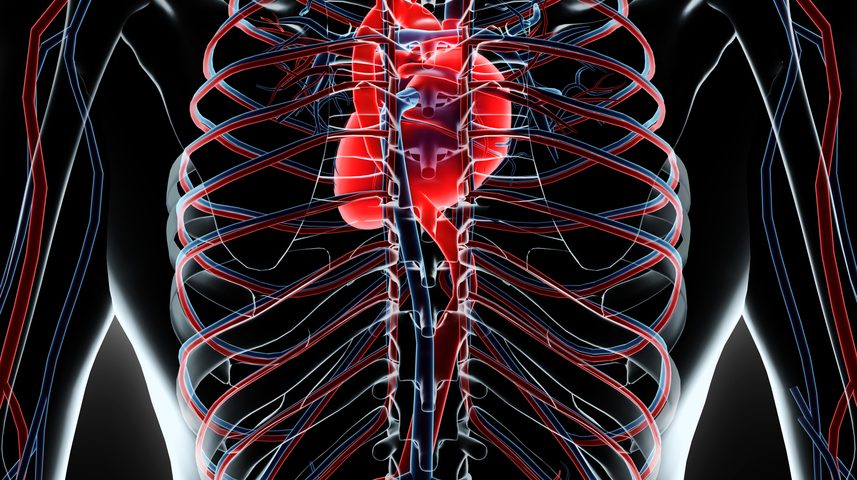Michael Nelson, assistant professor of kinesiology at the University of Texas at Arlington (UTA) has been awarded a four-year $308,000 grant from The American Heart Association to investigate the underlying causes of coronary microvascular disease in women.
Coronary microvascular disease affects the walls and inner lining of tiny coronary artery blood vessels that branch off from the larger coronary arteries. The heart’s tiny coronary artery blood vessels do not exhibit plaques, but damage does exists in the inner walls of the blood vessels which leads to spasms and decreased blood flow to the heart muscle. Women more frequently develop the disease. Symptoms often include chest pain, fatigue and shortness of breath.
According to Nelson, diagnoses frequently escapes cardiologists who largely rely on major blockages of blood vessels to make clinical decisions.
“Our previous research has shown that the heart muscle doesn’t relax properly in these women. We have also found that these women are prone to developing heart failure. Unfortunately we don’t understand why,” Nelson said in a press release. “Our hypothesis is that the impaired relaxation of the heart is directly related to coronary microvascular dysfunction and contributes to the progression of heart failure.”
According to Anne Bavier, the dean of UTA’s College of Nursing and Health Innovation, the new research has important implications for the war against heart disease and will fortify UTA’s efforts to advance health and the human condition, one of the four central topics of its Strategic Plan 2020: Bold Solutions | Global Impact.
“Heart disease is the leading cause of death for women in the United States. One in four female deaths in this country are as a result of heart disease,” Bavier said. “The outcomes of this study could go a long way toward saving the lives of hundreds of thousands of women and improving the quality of life of millions of others.”
In the new study, Nelson and colleagues will use magnetic resonance imaging (MRI) in 30 individuals (15 with the disease, and 15 age and gender matched controls) to investigate if coronary microvascular disease is linked to the compromised relaxation of the heart. The study will be based at the Advanced Imaging Research Center on the University of Texas Southwestern campus.
The team is consulting with local cardiologists about drug prescription matters related to the research. Study participants will receive phosphodiesterase type 5 inhibitor, a medication that improves microvascular blood flow. The researchers will seek to find if the drug can ease the condition and restore heart function.
“We want to see if that will eliminate microvascular dysfunction and reverse the relaxation impairment,” Nelson said.
Most of the women with the disease have other conditions in common such as obesity, diabetes and hypertension. Nelson’s previous work had demonstrated that women with these risk factors have a poor relaxation of the heart muscles.
“Most of the time these patients have absolutely no blockage and are dismissed from subspecialty care and sent home with very little treatment,” Nelson said. “But if you follow these women for five to seven years, you will find that they suffer from the same major cardiovascular adverse events, like heart attacks or a stroke, as their male counterparts who have obstructed blood vessels.”
Depending on research findings, the team hopes to extend research with hope of reducing disease progression to a larger cohort of patients.


